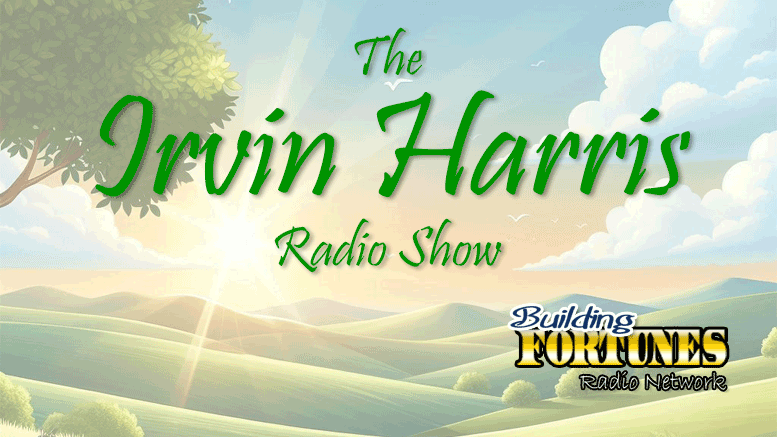Coach Irvin Harris has some special guests on Building Fortunes Radio with his brother Donald and family member Tamara. Donald shares information about the vibrations of music and the benefits for college students and athletes. Tamartarts a conversation about health foods and lifestyles. This KISC radio show is about Basketball and Life and the business behind the sport. and Co-hosts Mel Jones.
Greg Budo Carradine and Pee Wee Harrison will be listening in to catch up on a really significant conversation.
The Healing Power of Music: How Vibrations Boost Your Health
Music is more than just sound—it’s a symphony of vibrations that can profoundly impact our physical, mental, and emotional well-being. These vibrations, created by sound waves, resonate with our bodies at a cellular level, offering a range of health benefits backed by science.
When we listen to music, sound waves generate vibrations that stimulate the brain, triggering the release of feel-good chemicals like dopamine and serotonin. This can reduce stress, lower cortisol levels, and alleviate symptoms of anxiety and depression. For instance, studies show that listening to calming music at 60-80 beats per minute can slow heart rate and promote relaxation, mimicking the body’s natural rhythm. Binaural beats, specific frequencies that align brainwaves, are particularly effective for improving focus, sleep, and even pain management.
Vibrations from music also influence the body physically. Low-frequency sounds, like those from drums or bass, can resonate with tissues and organs, enhancing blood flow and reducing muscle tension. Sound therapy, using instruments like Tibetan singing bowls, leverages these vibrations to restore balance in the body’s energy systems. Research suggests such therapies can lower blood pressure, improve immune function, and accelerate healing post-surgery.
Beyond the physical, music’s vibrations foster emotional connection and social bonding. Group singing or drumming synchronizes heartbeats and breathing among participants, strengthening community ties and reducing feelings of isolation. For neurodegenerative disorders like Alzheimer’s, music’s vibrations can unlock memories and improve cognitive function, offering therapeutic relief where words fail.
Whether it’s the soothing hum of classical music or the primal pulse of a drum circle, the vibrations in music are a powerful tool for healing. So, next time you hit play, know you’re not just listening—you’re tuning into better health.
Gut Health: The Powerhouse Role of Bacteria
Your gut is a bustling ecosystem, home to trillions of bacteria that play a pivotal role in your overall health. These microscopic residents, collectively known as the gut microbiome, influence everything from digestion to immunity, mental health, and even chronic disease prevention. Understanding their role can unlock the key to vibrant well-being.
Gut bacteria break down complex carbohydrates, producing short-chain fatty acids like butyrate, which nourish colon cells and reduce inflammation. They also synthesize essential vitamins, such as B12 and K, and help regulate blood sugar by modulating insulin sensitivity. A diverse microbiome strengthens the gut barrier, preventing harmful substances from leaking into the bloodstream—a condition linked to diseases like obesity and autoimmune disorders.
Beyond digestion, gut bacteria communicate with the brain via the gut-brain axis, influencing mood and cognition. Studies show that imbalances in gut bacteria are associated with anxiety, depression, and even neurodegenerative diseases. Probiotics, like Lactobacillus and Bifidobacterium, can restore balance, potentially easing mental health symptoms.
However, not all gut bacteria are beneficial. Strains like Escherichia coli producing colibactin, a toxin, may damage DNA and increase colorectal cancer risk, particularly in younger adults. Lifestyle factors—diets low in fiber, high in processed foods, or excessive antibiotic use—can tip the balance toward harmful bacteria, disrupting microbiome harmony.
To nurture your gut, prioritize a fiber-rich diet with fruits, vegetables, and whole grains to feed beneficial bacteria. Fermented foods like yogurt, kefir, and sauerkraut introduce helpful microbes, while prebiotics like garlic and onions fuel their growth. Limit antibiotics to essential use and manage stress, which can alter gut flora.
By fostering a thriving gut microbiome, you’re not just supporting digestion—you’re investing in immunity, mental clarity, and long-term health. Your gut bacteria are tiny allies; treat them well, and they’ll return the favor.


